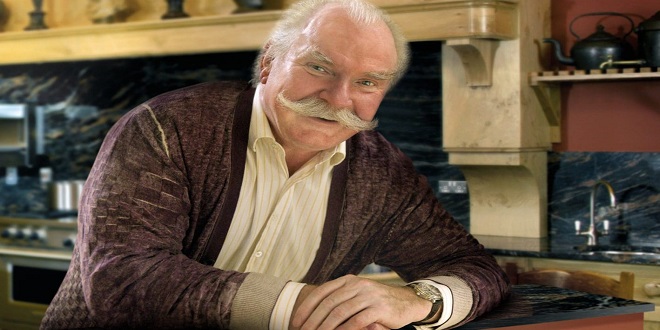
Attached to Tim Roupell’s computer is a scrap of paper that says: ‘To avoid seasickness look to the horizon.’ He has read it many times since quitting his job as a City commodities trader to start his own business making sandwiches. He says: ‘The idea is that instead of worrying about unimportant things you should look at where you are going and not let the small stuff get in the way.’ Born in Wimbledon, Roupell spent his childhood divided between boarding school and foreign postings in Germany, Aden in the Middle East, and Hong Kong where his father was serving with the British Army.
He left school at 18 and got a job in the City, largely because his older brother already worked there and a position came up in the same firm. Roupell admits: ‘It was a real cop-out. I wanted to do something different but there I was wearing a suit and going into the City every day. The money was a big lure. I was completely mercenary and desperate to be independent. Then very quickly I had a mortgage and got used to skiing holidays and found myself staying there.
’ 133 134 How I Made It But after working as a trader for 10 years he realized he hated his job and really wanted to work for himself. ‘I started off enjoying it, but it became soul-destroying. I couldn’t bear it. The trouble was I never really cared what the price of sugar or coffee was. I got to the point where I had to do something with my life.’ Having entered the City straight from school, however, he had no experience of doing anything else. He says: ‘That limited my options quite a lot.’
Inspiration was close at hand, however. ‘It was very hard to buy a good sandwich near where I worked in Victoria so I thought that if I could make good-quality sandwiches and deliver them to offices there would be a market.’ In the end, the decision to take the plunge was made for him when he was asked to leave his job. He invested £800 in a meat-slicing machine and a couple of baskets and begged a friend who owned a delicatessen to let him use his basement. He says: ‘I literally got up at 4.30 am the next morning and started making sandwiches, and then went round offices flogging them. It was a pretty humbling thing to do.
The Tim Roupell 135 traders I used to work with thought I was mad.’ But on the first day, he sold 35 sandwiches and Daily Bread was born. As sales grew, Roupell recruited people to help him and also started supplying sandwich platters. But it was hard work. ‘It was a logistical nightmare trying to get students or out-of-work actors to do basket rounds every day, he says. ‘Sometimes they didn’t turn up or they’d have a bad day and sell only half the sandwiches.’
Last word
After a year, Roupell had taken on five full-time staff and was able to move Daily Bread into its own premises. But in 1996, 10 years after he began the business, crisis struck. Daily Bread lost two big clients, sales slumped and for the first time, the business started losing money.





